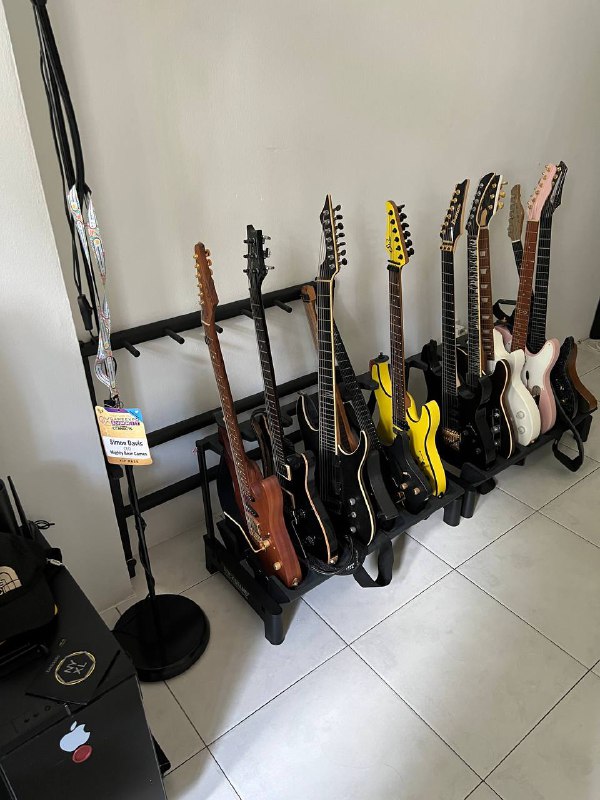Top Stories This Week
Judge revokes Sam Bankman-Fried’s bail, remands him to custody
FTX’s former CEO, Sam “SBF” Bankman-Fried, had his bail revoked by a federal judge in response to the release of information to The New York Times allegedly intended to intimidate witnesses. During a hearing on Aug. 11, Judge Lewis Kaplan revoked Bankman-Fried’s bail and remanded him to custody, likely at the Putnam County Correctional Facility. Once his October trial begins, he could be moved to the Metropolitan Detention Center in Brooklyn. Bankman-Fried was reportedly led out of the courtroom in handcuffs. In Kaplan’s view, Bankman-Fried’s interviews with NYT reporters resulted in sharing information with the likely intention “to hurt and frighten” former Alameda Research CEO Caroline Ellison, his former colleague and girlfriend.
The U.S. Securities and Exchange Commission (SEC) has delayed a decision on whether to approve or disapprove the spot Bitcoin exchange-traded fund (ETF) proposed by ARK Investment Management and 21Shares. ARK originally filed to list the ETF in May, giving the SEC a maximum of 240 days — until January 2024 — to reach a final decision. The SEC’s latest move is fueling expectations that a final verdict will come as part of a batch that includes applications from key players on Wall Street, including BlackRock and Fidelity Investments.
SEC to seek appeal and stay in Ripple Labs court case
The U.S. SEC is moving to appeal a court decision from its lawsuit against Ripple Labs. In a letter to Judge Analisa Torres — the presiding judge in the case — the SEC said it believed her decision warrants a fresh look by an appellate court. The commission asked Judge Torres to put the case on hold during the appeal, saying there are multiple other pending court cases that could be affected, depending on the appeal’s outcome. The SEC is currently in a legal battle with a number of crypto firms, including Binance and Coinbase, over alleged securities violations. Judge Torres ruled, in July, that Ripple’s native token, XRP, is not a security when sold to retail investors. Torres plans to schedule the jury trial for the second quarter of 2024.
PayPal launches PYUSD stablecoin for payment
PayPal launched a new U.S. dollar-pegged stablecoin called PayPal USD (PYUSD). Built on the Ethereum network, the stablecoin is backed by U.S. dollar deposits, short-term treasuries and similar cash equivalents. According to PayPal, the stablecoin will soon be available as a mode of payment for various purchases. The fintech company is home to over 350 million active users, putting it in a strong position to become a crypto payment giant with the introduction of the new stablecoin. PYUSD will be redeemable for U.S. dollars and can be exchanged for other cryptocurrencies on PayPal, as well as being transferable between PayPal and Venmo accounts.
Temasek, Sequoia Capital, Softbank, leading VCs face lawsuit for “abetting” FTX fraud
Eighteen leading venture capital investment firms, including Temasek, Sequoia Capital, Sino Global Capital and SoftBank, have been named as defendants in a class-action lawsuit filed in the United States for their links to the now-bankrupt crypto exchange, FTX. According to the lawsuit, the investment firms were responsible for “aiding and abetting” the FTX fraud. The suit further claims that the defendants used their “power, influence and deep pockets to launch FTX’s house of cards to its multibillion-dollar scale.”




















